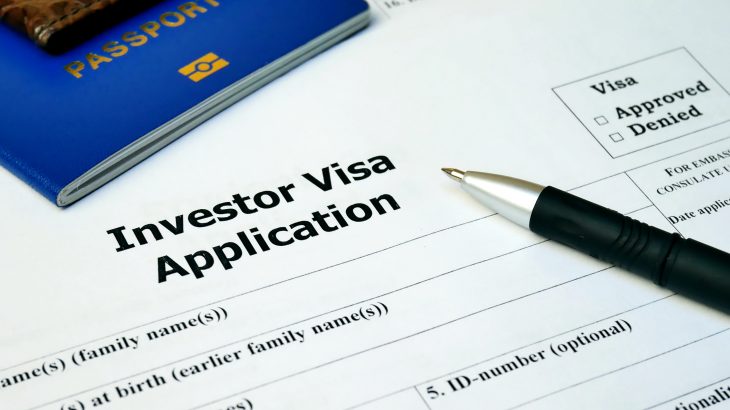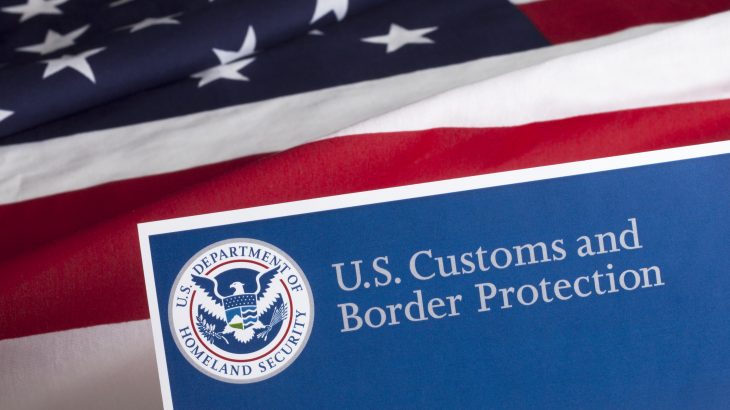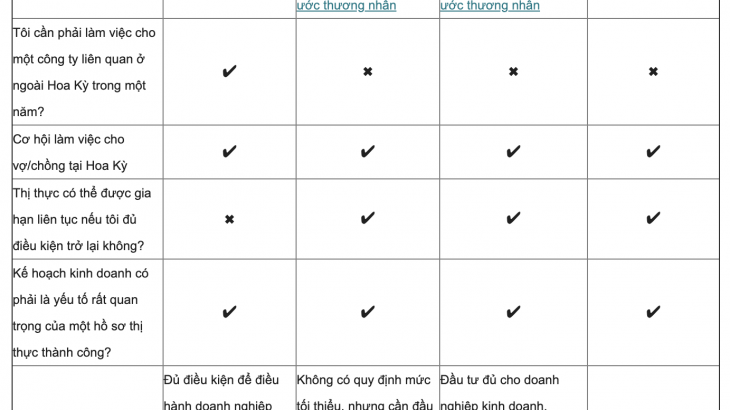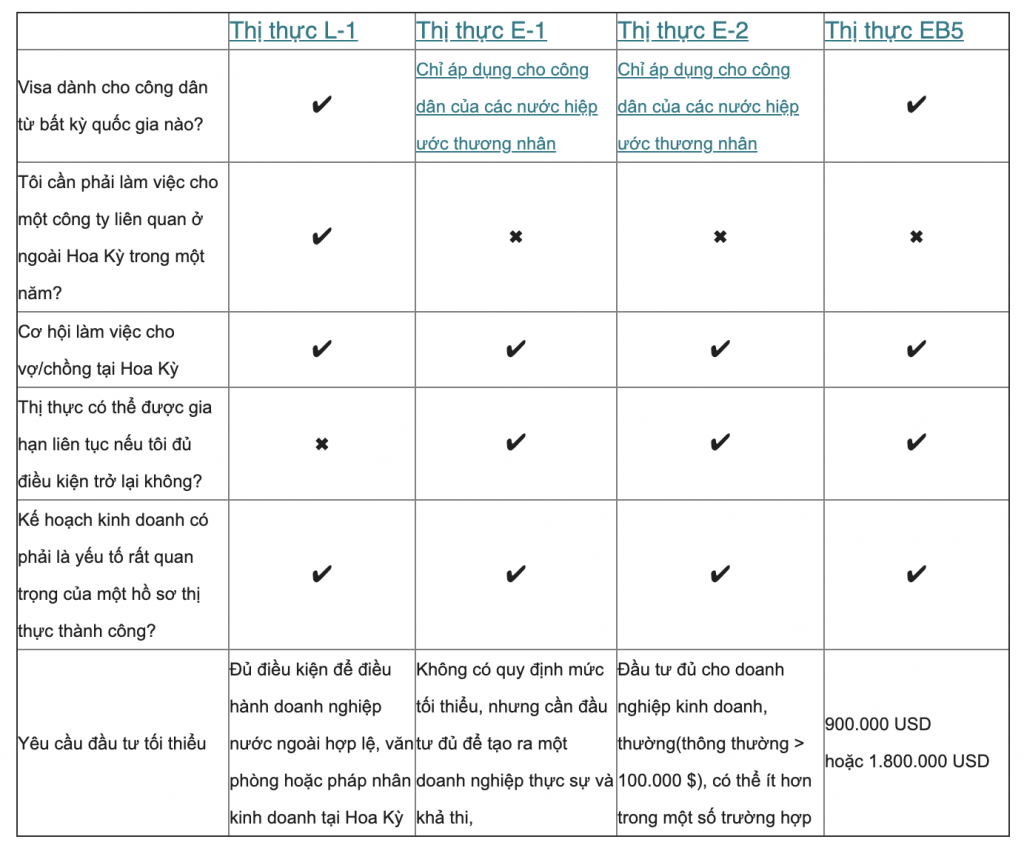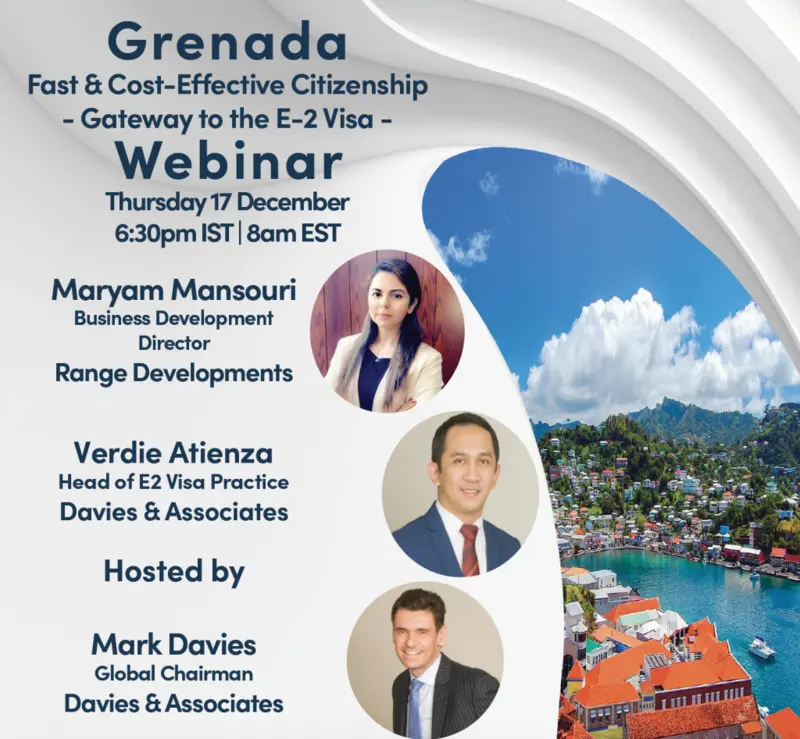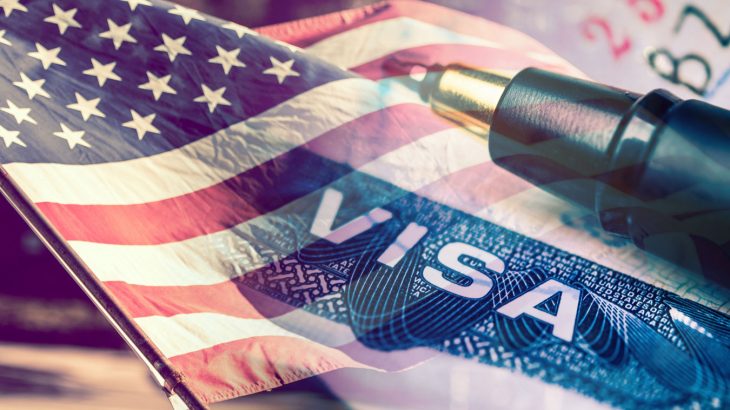E2 Treaty Investor Visa
An E2 Investment Visa is a nonimmigrant visa that allows nationals of E2 treaty countries to reside in the US with their families. Each E2 investor is required to make a substantial investment in a U.S. enterprise or business.
A treaty country is defined as a country that has a signed treaty with the United States or with a qualifying international agreement, or which has been deemed qualified by legislation. A list of E2 visa countries is available by following this link.
The E2 Treaty Investor Visa allows you to start a successful business in the U.S. and stay in the U.S. indefinitely. The E-2 Visa process for applying for this visa can be complex. After submitting your application and documents, you will need to arrange an appointment to attend an interview with the immigration officer in your local US consulate to answer any questions regarding your application and provide additional information should it be needed.
It is also possible to change status to E2 status from within the United States. As an applicant for change of status is already in the US E2 visa is not initially needed. Once a person and an interview can be avoided. However, upon leaving the US a person in visa status will need to obtain an E2 visa at a US consulate.
E 2 Visa Expectations
An E-2 Visa interview has a number of purposes. An E-2 investment Visa interview serves to not only to verify your identity but also to check any information the visa applicant has provided in their application and to ensure that they satisfy all the requirements of the visa. If you’re the applicant, you may be asked to provide additional information even though you have provided all documents or information needed.
The interview is usually conducted by a consular officer who will ask questions related to your visa application and your future stay in the U.S. The officer may start with a few general and simple questions before going into detail about your application.
If you fail to answer your interview questions or simply fail to attend the interview itself without any reasonable explanation, your visa may be refused. So it’s important to attend and prepare for your interview.
The key to success in an E2 visa interview is to thoroughly understand your business and the business plan.
Preparing for an E2 Visa Interview
There’s nothing wrong with overpreparing yourself for your visa interview, especially since it will determine if you’re qualified for an E2 Visa. To help you prepare for your interview, we’ve highlighted some of the things you need to do:
Lay the groundwork
There’s nothing wrong with overpreparing yourself for your visa interview. You have to bring necessary documents such as a complete copy of your E2 visa application process and copies of your and your family members’ passports, birth certificates and marriage certificates. Where the US business is already operations we also suggest brining updated business bank account statements to the interview. The interviewing officer may also request additional documents
before your interview, so you should be ready to submit them.
As the requirements at each US consular post vary we strongly suggest that applicants speak with an immigration lawyer experienced with E2 visa interviews at your consulate. They will be able to give more detailed guidance as to documents typically required at interview.
Study ahead of time
The interview will focus on your business and relevant personal qualifications in great detail. You must therefore be able to discuss in your business including source of funds, type of business, industry, and financial and personnel projections. The consular officer will ask extremely detailed questions to see and make sure your business can contribute to the U.S. economy.
Keep a calm composure
There are times that the consular officer will appear unfriendly or rude when they ask you questions, but it’s important to note that their job is to ascertain that everything you have provided is true. Always maintain a calm and professional composure throughout your interview.
Be cordial
Appearing confident during your interview will be helpful but also being warm and friendly. Make sure not to be overly friendly as you still need to appear courteous and respectful as well.
Take you lawyer with you
While some consulates do not allow lawyers to be present at visa interviews others do. Singapore and Zurich are amongst those consulates who have allowed lawyers to attend E2 visa interviews with their clients in the past.
Required Documents for an E2 Visa Interview
There are only a few documents that you will need to show and provide during your interview. A majority of the documents should have been submitted together with your visa application to the U.S. Consulate or Embassy.
- DS-160 confirmation;
- A printed interview appointment confirmation
- A copy of your current and expired passports;
- Evidence of any previously issued U.S. visas, if any;
- Two coloured photographs that comply with the U.S. visa photo requirements. You are allowed to wear a headdress if required by the religious order in which you are a member;
- A copy of the fee payment receipt; and
Proof of your nationality or immigration status with your home country such as bank statements, leases, property deeds, etc. It’s important to take note of the active E2 countries to make sure you’re qualified.
The consular officer may ask ahead of time for additional documents that you would need to submit during your interview, so you would need to bring them as well.
E2 Visa Interview Questions and Answers
During the interview process, the immigration officer may ask you a lot of things related to you and your investment. If you’re still nervous about your upcoming interview, we’ve highlighted some of the questions that may be asked to you divided into categories:
General
Why are you going to the U.S.?
Answer the reason why you’re going to the U.S., highlighting that you’re travelling to manage and control the E2 business.
Have you visited the U.S. previously?
Answer with a definite yes or no. The immigration officer may also ask about the specifics of your previous visits if there are any.
Do you have any family members in the U.S.?
Answer with a definite yes or no.
Do you intend to settle permanently in the U.S.?
Since the E2 Visa is a nonimmigrant visa, you need to answer no to make sure that your intent to depart is proven to the officer. Since the officer may want to know if you’re going to permanently live in the U.S., you may also provide evidence of your ties to your home country such as a dependent family member.
Do you have a family in your home country?
Answer with a definite yes or no.
Do you own or lease real estate, and vehicles, or own businesses?
Answer with a definite yes or no.
What do you plan to do once your visa expires?
Answer with your plans and goals after your visa expires.
Personal
What is your current job?
Answer with your current job title in your home country.
What is your source of income?
Answer with any source of income you may have including salary, pensions, and
businesses among others.
How did you meet your business partners? (if you have)
Answer with the reason you met your business partners, including how you
started the business.
How did you get the idea for the business?
Answer how you came up with the business.
Why do you think you’ll have a successful outcome for this business?
Answer how you think your business can give you success, highlighting any
financial trajectory you have.
How will you manage the business in the U.S.?
Answer with your clear plan on how will you manage your business and your
commitment to its success. You need to prove that you will be actively
involved in the management of the E2 business.
What is your long-term plan and goals for the business
Answer with your clear goals and plans for the business, including your
long-term plan. A more detailed business plan outlines your business’
projected outcomes and strategies.
What is your experience in business management?
Answer with any experience you have in managing a business. You may also
provide a resume or curriculum vitae to outline your experience in the
relevant and particular industry of your business.
Are there business interests you are actively involved in?
Answer with a definite yes or no.
What will be your role in the company?
Since the E2 Visa allows you to control the business in the U.S., you have to
answer a role that shows you have control over the business.
Investment-related
Is your investment committed to an active U.S. business?
Answer with a definite yes or no. You can also provide evidence that your
investment is irrevocably committed to the U.S. enterprise.
What are the details and nature of your investment?
Answer with the details of your investment such as the business type,
location, and amount.
How will you finance the investment?
Answer with the legal source of your investment funds. You may also provide
evidence such as bank statements and tax returns.
How much have you invested in the business?
Answer with the clear investment amount that you have placed for your E2
business.
What enterprise are you investing in the U.S.?
Answer with the type of enterprise you have invested in the U.S.
How will the U.S. economy benefit from your investment?
Answer how your investment will create jobs and contribute to the U.S.
economy, such as your plan for job creation or economic growth.
How many people are you planning to hire?
Answer with the number of people you’re hiring for your business, including
your plan on how to pay them.
Where do you think your business will be in 5 years?
Answer with your projection for your business in 5 years. As we have said,
your investment plan or business plan can give you a clear picture of the
trajectory of your investment.
As questions can vary by consulate we suggest contacting us for a list of
questions commonly asked at your consulate.
Maximising Chances of E2 Visa Approval
The E2 Visa application process can get complicated especially with its requirements. Moreover, you have to convince and satisfy the consular officer that you meet these requirements.
An E2 visa immigration lawyer can give you expert advice on how you can maximise your chances of getting approved for the visa. They can also give you an overview of what you can expect for the interview, and a list of relevant documents you can submit depending on your circumstance to cut down the processing time of E2 Visa. Additionally, they can give you advice on what to do should problems or issues arise during your interview and application process.
Take note that you can’t risk getting your E2 visa refused as it carries financial risk to your E2 business and will make you permanently ineligible for the ESTA waiver program.. If you’re not approved, you will need to hire another person to oversee the business operations.

























